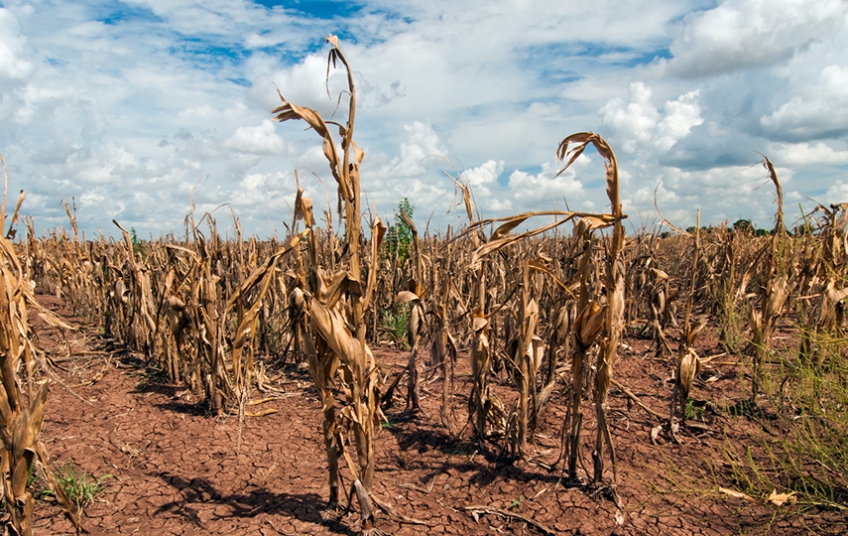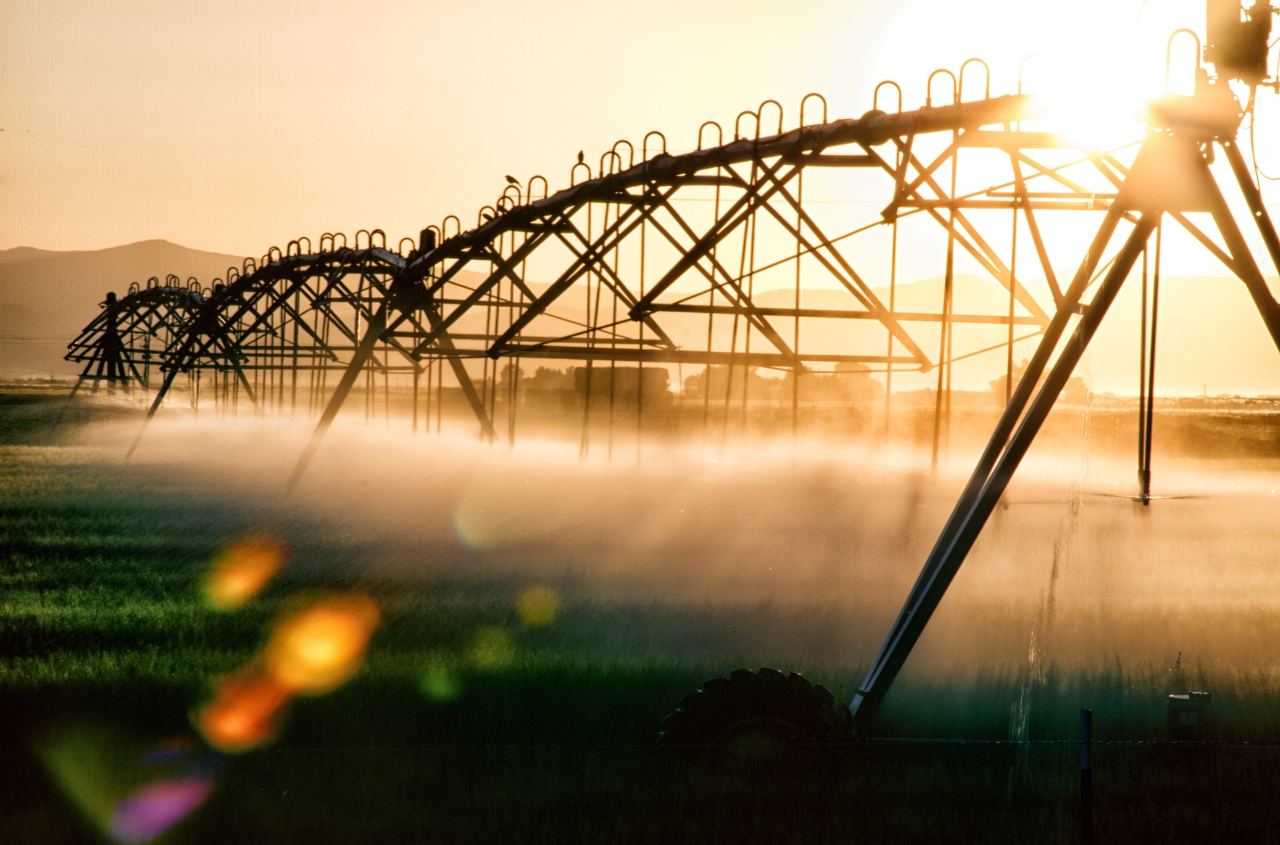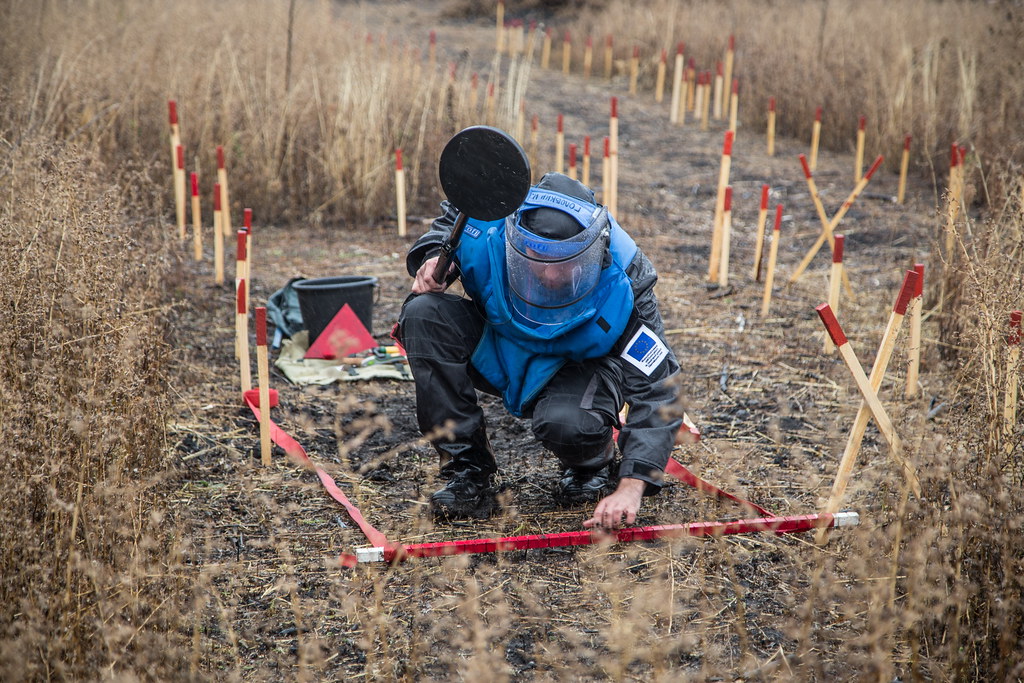Droughts could affect 75% of the world’s population by 2050, and since 2000, the number and duration of droughts have increased by 29%.
This was reported by WWF-Ukraine, citing data from the United Nations.
According to experts’ calculations, over two decades (1998–2017), the world suffered losses totaling more than $124 billion due to droughts.
“Despite its global reputation as the ‘breadbasket’ with fertile black soils, Ukraine faces a real threat of desertification and intensifying droughts. Due to climate change, our country is moving into a zone of extremely high temperatures and weather catastrophes. The situation is significantly worsened by Russia’s full-scale invasion, which leads to a rapid increase in erosion, soil contamination and dehydration, as well as destruction of critical water infrastructure,” experts explain.
It is noted that Ukraine is one of the most cultivated countries in the world: arable land occupies 54% of its territory. In the Kherson and Zaporizhzhia regions, this exceeds 90%. According to official data, 58% of agricultural land is degraded, and 20% is contaminated.

Meanwhile, 2024 became the hottest year in Ukraine’s meteorological history. The average temperature in the country has risen by 1.2°C over the past 30 years. The rate of increase is higher than in most European countries. At the same time, the number of days with high temperatures and the duration of heatwaves are growing.
“Summer rains are turning into short heavy downpours. But such moisture does not have time to soak into the dried-out soil: water quickly runs off the surface without replenishing groundwater reserves,” experts state.
They add that water availability across the country is decreasing. This will worsen problems with water supply and agriculture.
“At the same time, Ukraine has one of the lowest levels of water resources per capita among European countries — only 1,000 m³ of local runoff per resident, whereas in Canada this figure is 94,300 m³, in the USA — 7,400 m³, and in Germany — 1,900 m³,” the experts add.
WWF-Ukraine outlined key measures to mitigate the negative impact of drought:
- Early warning systems, such as drought monitoring.
- Development of green infrastructure, including measures to restore floodplains and wetlands.
- Reuse of water for irrigation or industrial needs.
- Collection and use of “grey” water for further use in household purposes.





















